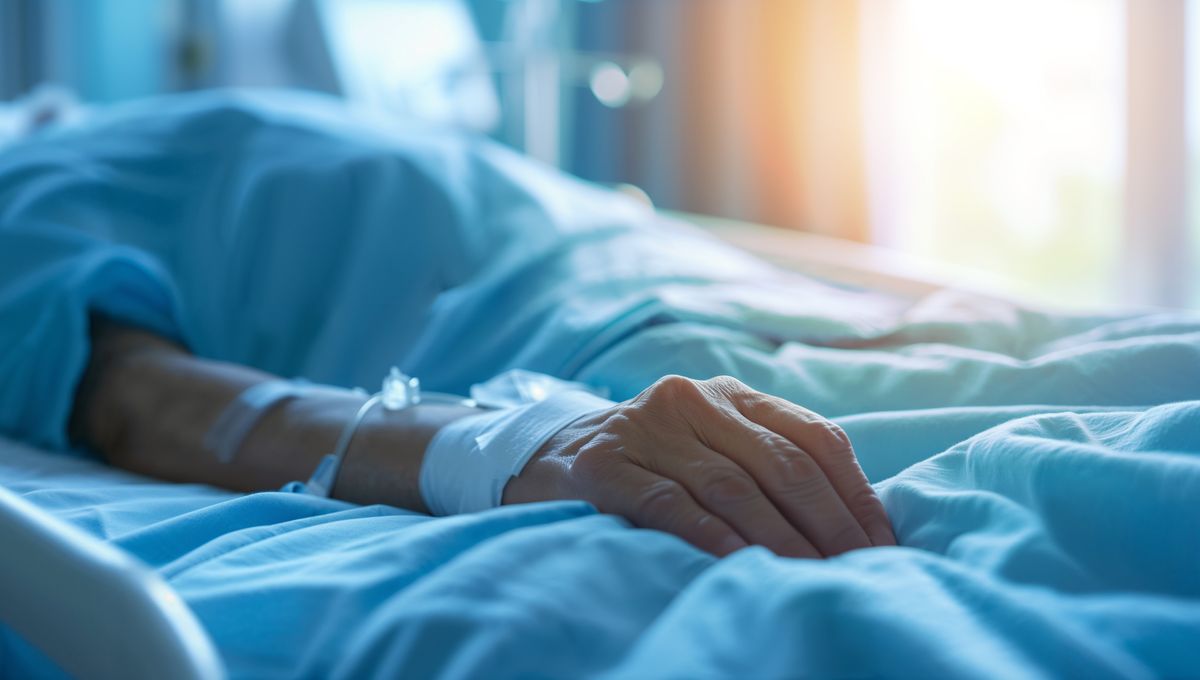
Scientists have been able to observe human brain activity in the final moments before death, revealing rhythmic activity comparable to those seen during dreaming. The observation could support reports from near-death experiences of life flashing before your eyes in what’s known as “life recall”.
The discovery came about during the management of an 87-year-old man’s epilepsy under the care of Dr Raul Vicente at the University of Tartu, Estonia. Here, he was continuously monitored with electroencephalography (EEG), which helped the doctors to detect and manage seizures as they happened.
Unfortunately, the man’s health deteriorated and they later had a heart attack and died during the EEG’s recordings. The unexpected incident left Vincente’s team with a record of human brain activity before and after death for the first time, the results of which were published in the journal Frontiers in Aging Neuroscience.
“We measured 900 seconds of brain activity around the time of death and set a specific focus to investigate what happened in the 30 seconds before and after the heart stopped beating,” said neurosurgeon and study lead Dr Ajmal Zemmar of the University of Louisville, US, in a statement in 2022.
Analyses of the recording revealed changes in brain waves before and after the heart stopped beating, including specific types of waves associated with higher cognitive function. It showed the sorts of waves that get going while dreaming, recalling memories, and processing information appeared to kick in during the brain’s final moments.
“Through generating oscillations involved in memory retrieval, the brain may be playing a last recall of important life events just before we die, similar to the ones reported in near-death experiences,” suggests Zemmar.
Curiously, because the activity continued even after the heart had ceased to beat, Zemmar says the findings present new questions about life and death.
“These findings challenge our understanding of when exactly life ends and generate important subsequent questions, such as those related to the timing of organ donation.”
The study isn’t without its limitations, being centered around a single case study in which the person had known brain function irregularities due to epilepsy, but builds on research that found similar before-and-after cardiac death brain wave changes in rats.
It’s possible, then, that “life recall” in the brain’s final moments could be a biological response seen across species, but reaching firm conclusions requires further research.
For now, Zemmar hopes the observation might bring some comfort to those who must say goodbye.
“As a neurosurgeon, I deal with loss at times. It is indescribably difficult to deliver the news of death to distraught family members,” he said.
“Something we may learn from this research is: although our loved ones have their eyes closed and are ready to leave us to rest, their brains may be replaying some of the nicest moments they experienced in their lives.”
A previous version of this story was published in February 2022.
Source Link: Possible "Life Recall" Activity Was Picked Up In First Recording Of A Dying Human Brain